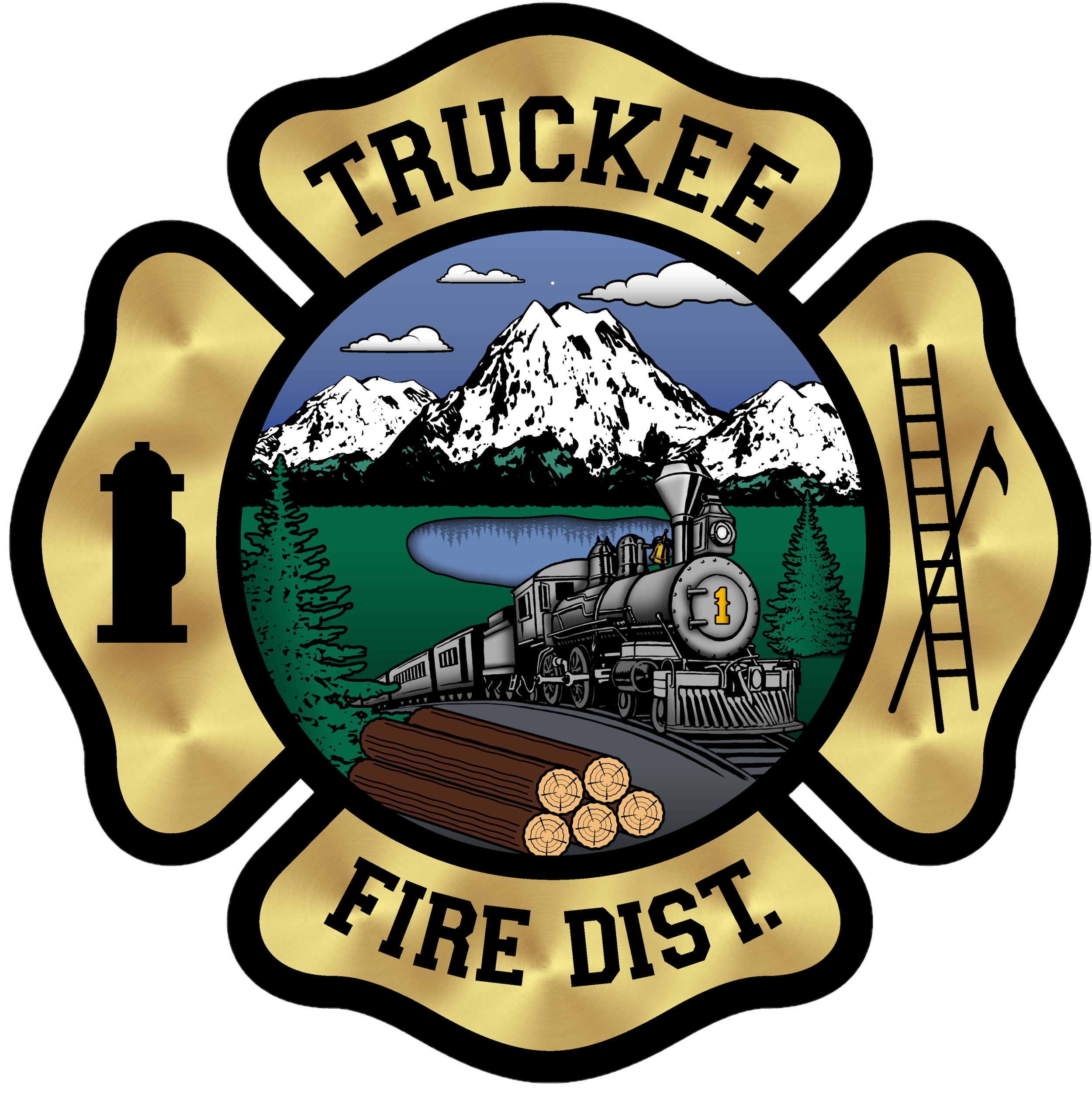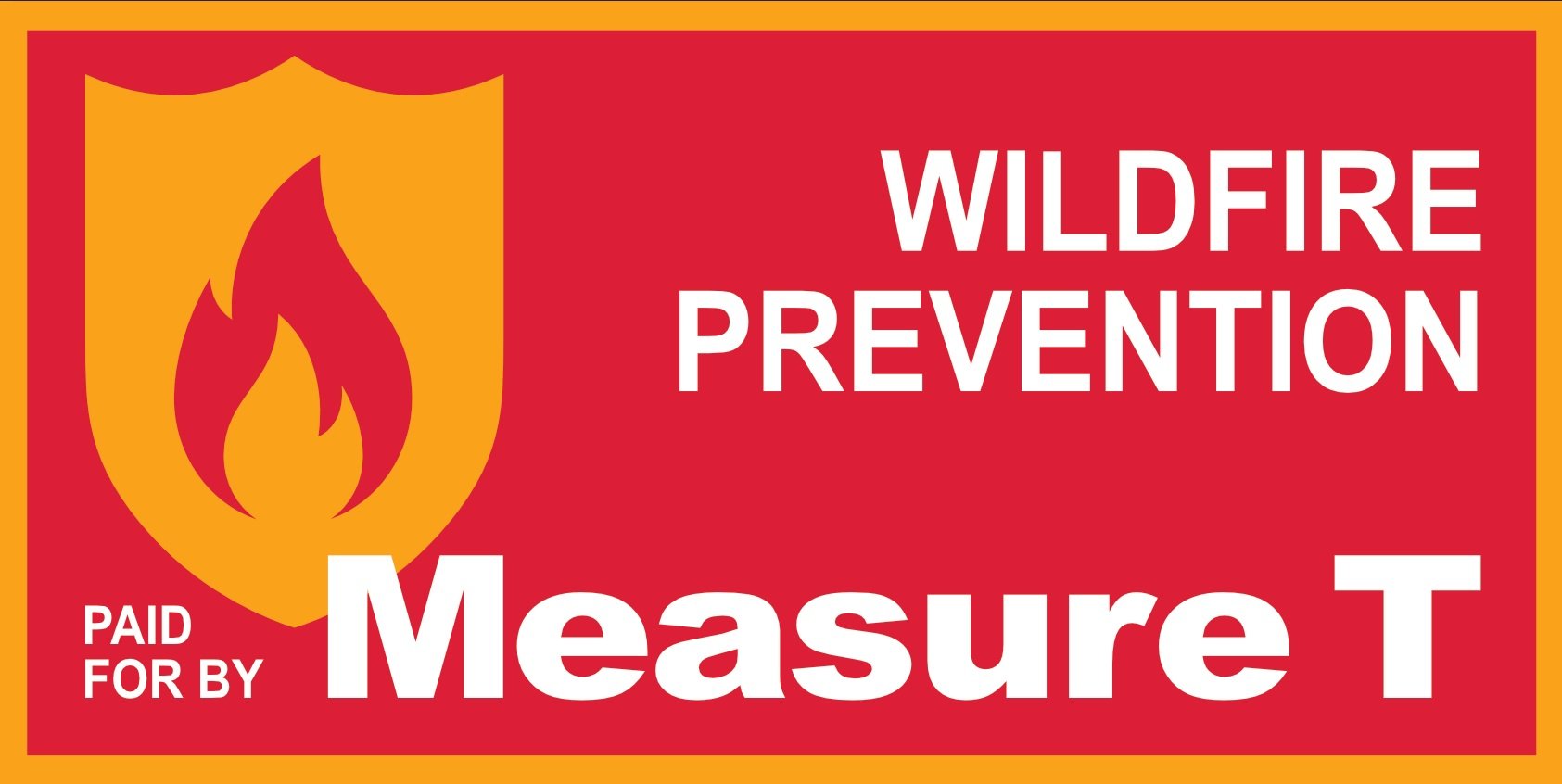Community Wildfire prevention
Measure T Funds Implementation
On September 14, 2021, Measure T was passed by voters within the Truckee Fire Protection District. This measure levies a special tax of $179 per parcel, per year, creating a dedicated source of local funding for wildfire prevention. The measure has an 8-year sunset, at which time it will need voter approval to continue.
The tax first appeared on the 2022/2023 tax bill, and the District received the first full year of revenues in July 2023.
This special tax creates an annual $3.7 million dollar Community Wildfire Prevention Fund that will be spent on various fuel reduction and wildfire prevention projects to reduce the threat of wildfire in the Truckee and Donner Summit wildland urban interface areas.
The District is working to continue to secure grant funding and matching funds from land managers whenever possible to leverage the Measure T funds.
Although the District is working to implement the various wildfire prevention programs, it's important to remember that this fuels problem has been growing for 100 years, and it will take the next 10-20 years of consistent fuels reduction to make a significant impact.
Measure T calls for a Citizens Oversight Committee to provide oversight to ensure that funds are spent according to the spending guidelines outlined in the Measure T Ballot Measure and Truckee Fire Protection District Board Resolution 02-2021.
Low-Income Exemption Information
An exemption from the cost of Measure T is available for low-income residents. People that earn less than 80% of the Median Family Income (MFI), as designated by each County, can apply for an exemption.
Find more information on our Measure T Exemptions page.
Wildfire Prevention Projects
The revenues from Measure T are intended to fund programs that reduce the threat and intensity of wildfire in the Truckee and Donner Summit WUI by reducing fuel loads and better preparing the community for wildfire. Projects that reduce fuel are generally in two areas: support of residential defensible space, and larger land forestry type projects.
Like most revenue sources, there is not an endless amount of funds, so projects are prioritized by the District to achieve the largest return on investment. Although this is a baseline project list, there will likely be changes to the list as new opportunities become available and costs and benefits change over time. We will work to provide ongoing project status updates on this website throughout the year.
Still Have Questions? Reach out to our Wildfire Prevention Division at 530.582.7888


